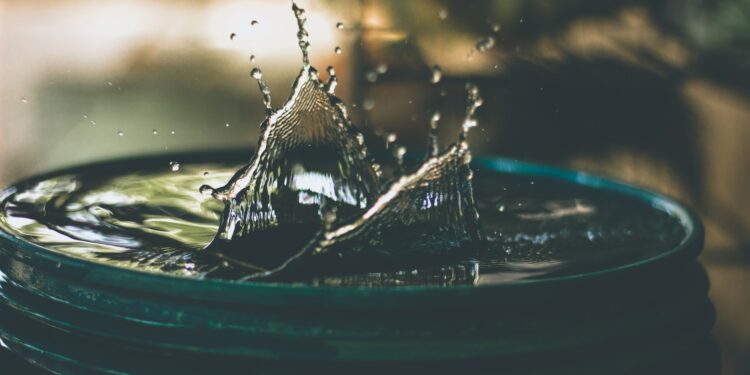The popular health trend might be wrong.
A recent study led by Dr. Roshan Patel, a urologist at the University of California, Irvine, challenges the effectiveness of trendy bottled water marketed as “alkaline water” in preventing kidney stones. The research suggests that these products may lack sufficient alkali content to significantly alter urine pH levels, a key factor in stone prevention. Despite the popularity of alkaline water, boasting pH levels between 8 and 10 compared to tap water’s pH of 7.5, the study emphasizes that the elevated pH may not translate into the necessary alkali content.
The study focused on five different bottled alkaline water products available in the market, all exhibiting similar pH levels around 10. However, the tested products revealed a minimal alkali content of only 0.1 milliequivalent per liter (mEq/L). This concentration was deemed inconsequential when compared to the body’s typical daily metabolic acid production, ranging from 40 to 100 mEq/L.
Preventing kidney stones often involves raising pH levels, typically achieved through potassium citrate tablets. However, the study notes that patients may find these tablets inconvenient, leading to the appeal of alkaline water as an alternative. The research underscores the need for further clinical trials to thoroughly assess options for increasing urinary pH, aiming to guide the selection of effective treatments, including beverages and over-the-counter products, for preventing recurrent urinary stones.

































Discussion about this post